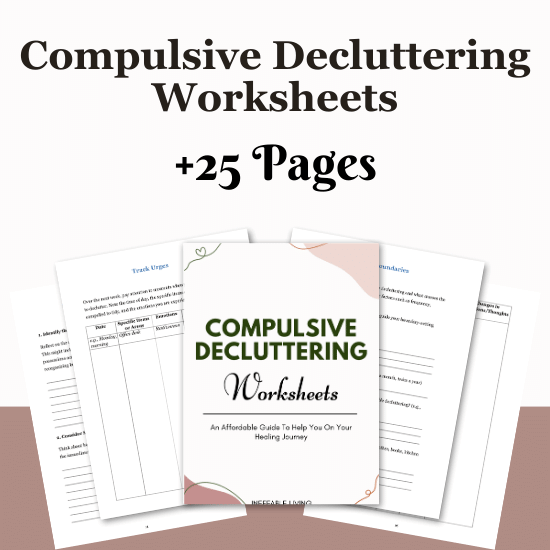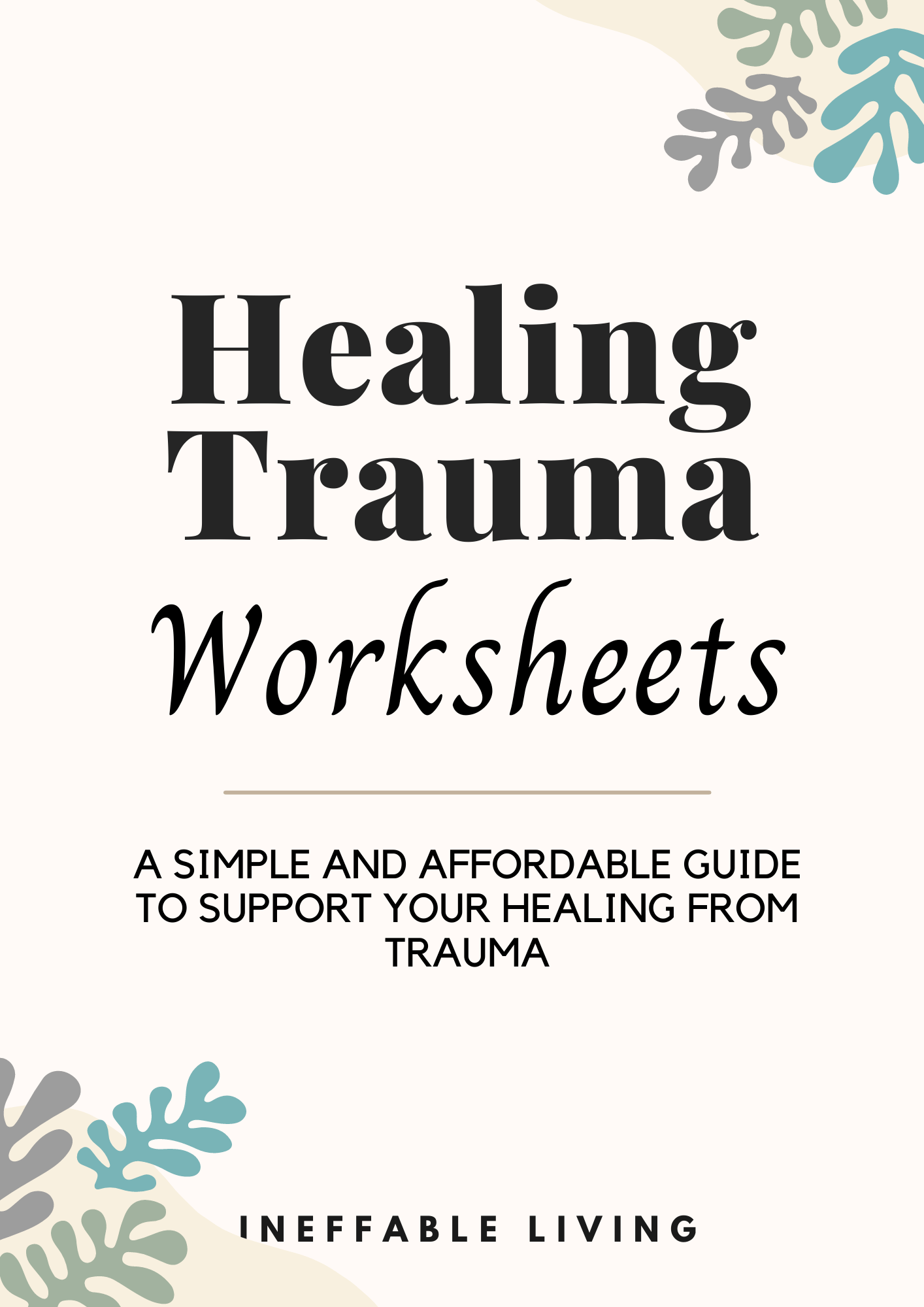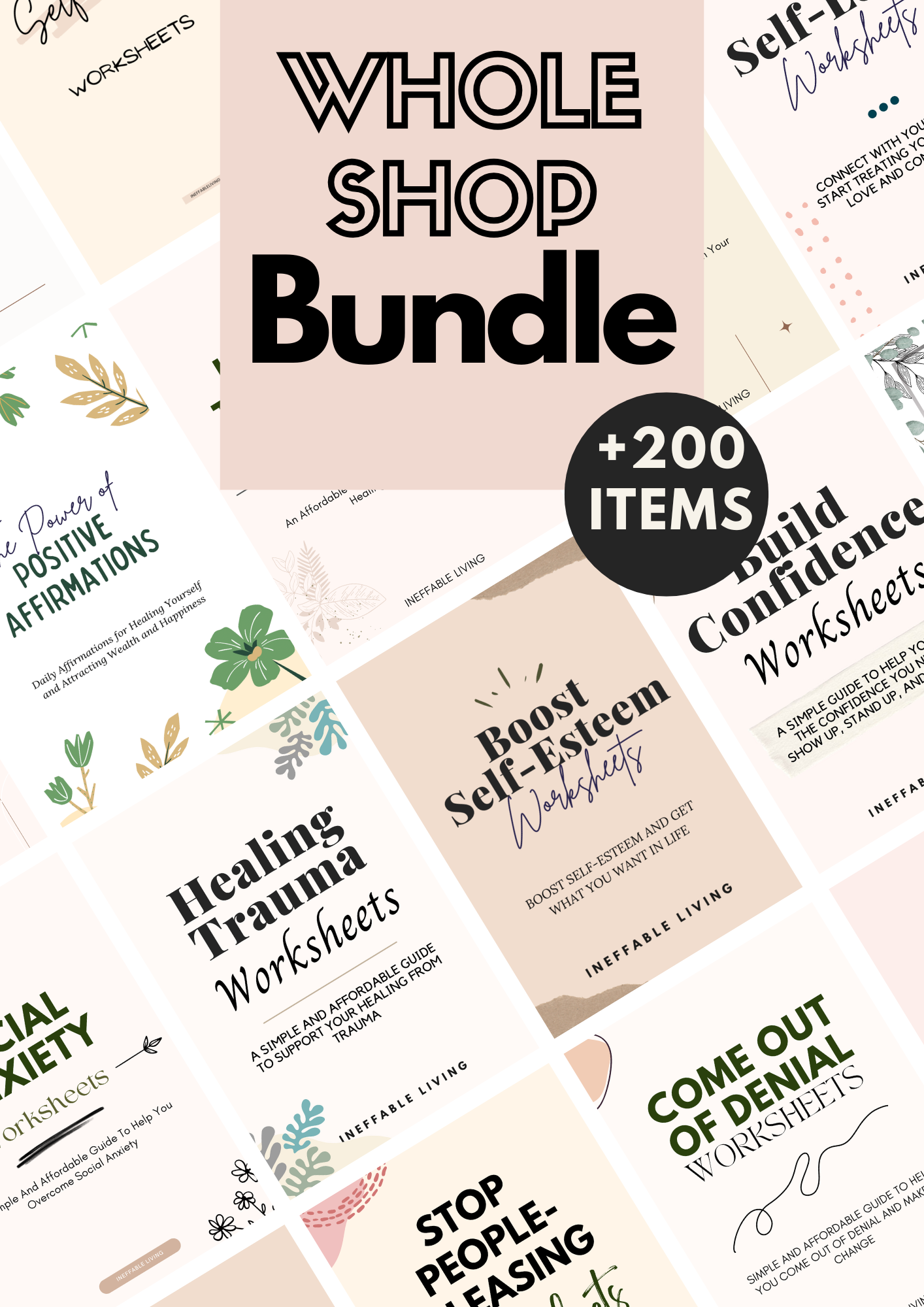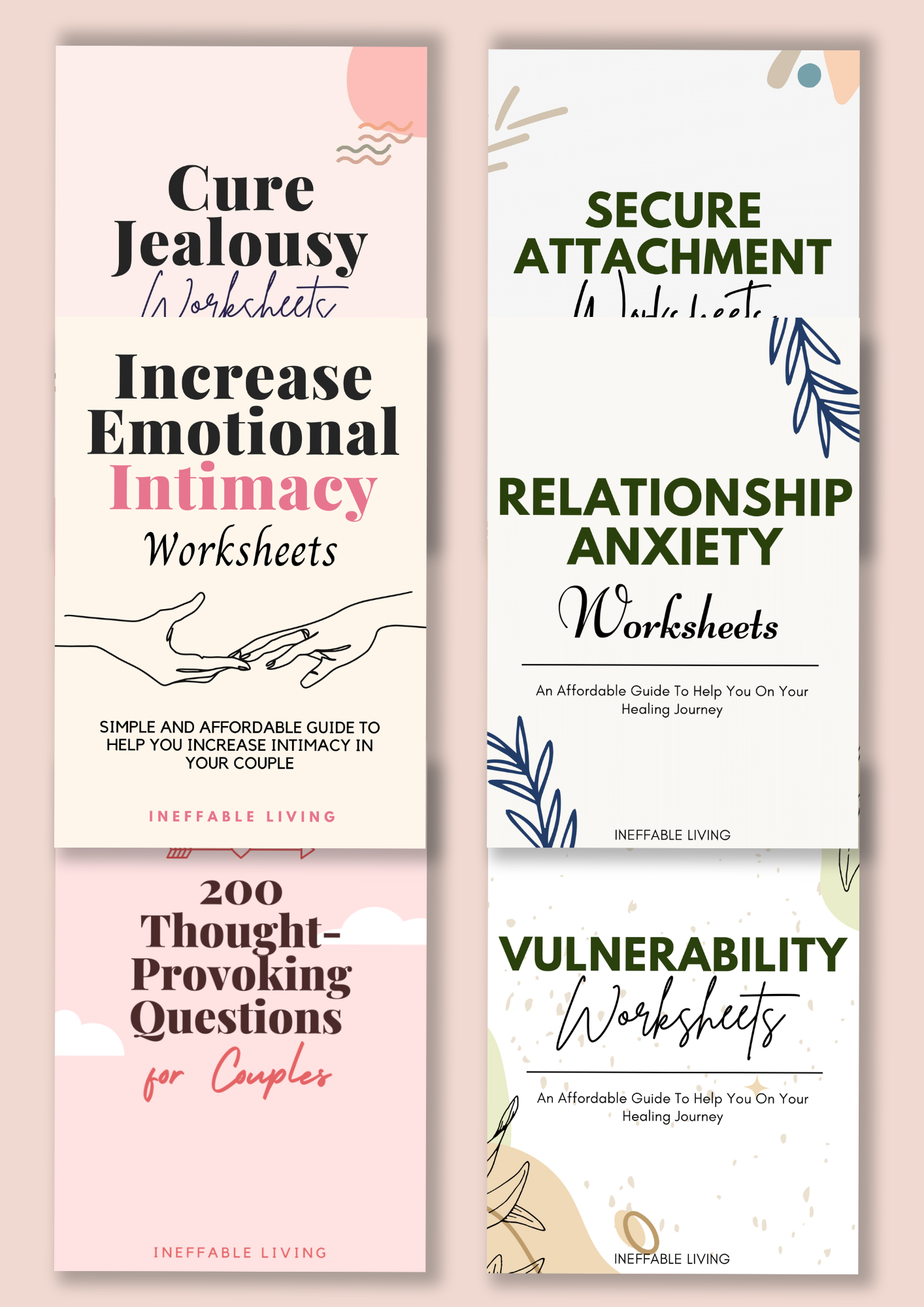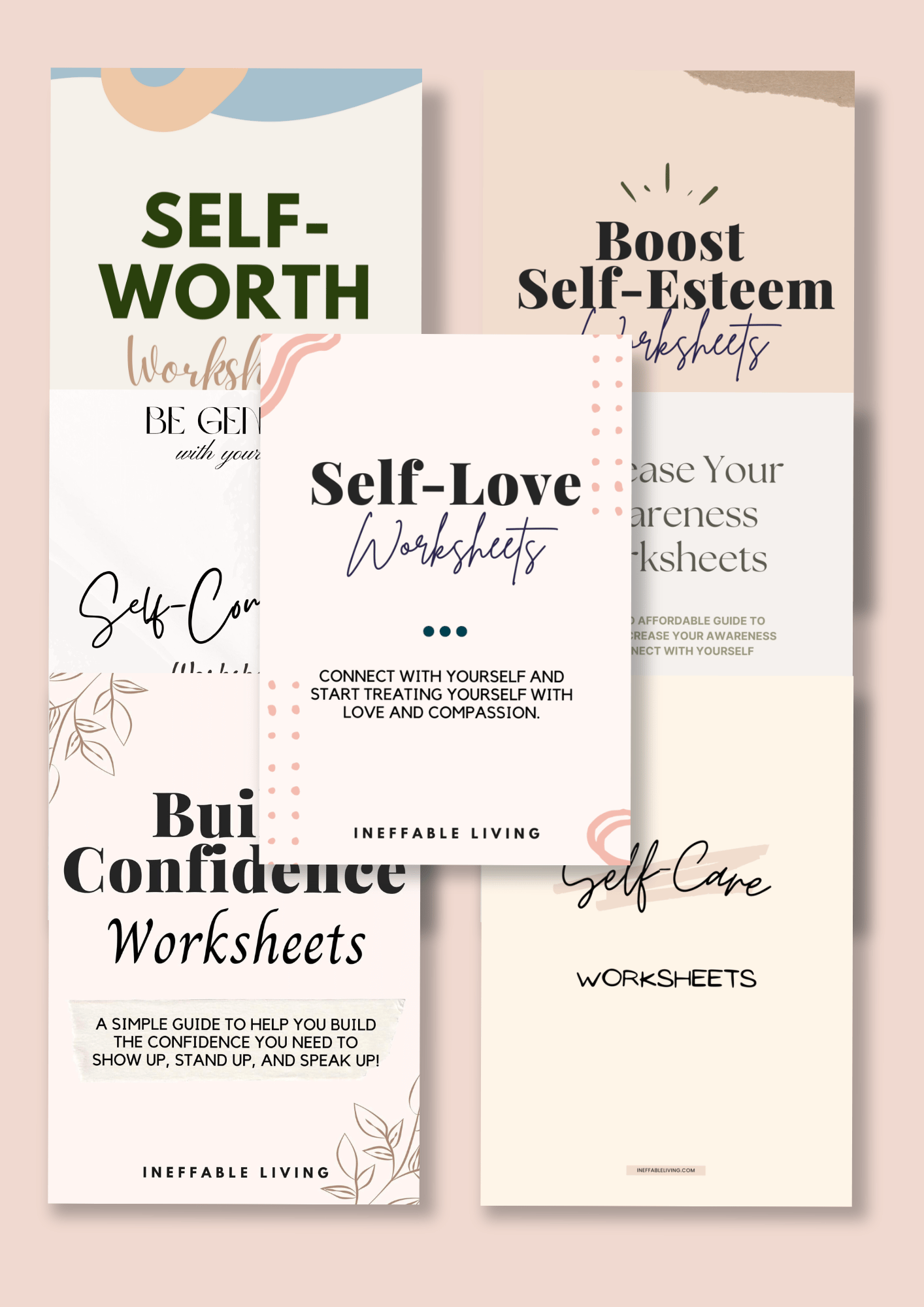1. Reflect on your earliest memories of decluttering or organizing. What emotions or motivations were present during these experiences? How have these early experiences shaped your current attitudes toward possessions and tidiness?
2. Consider the moments when you feel compelled to declutter. What triggers or situations tend to precede these urges? Are there specific emotions or stressors that accompany the desire to tidy or discard items?
3. Explore your beliefs about the significance of material possessions. What do you think having a "tidy" or minimalist living space says about you as a person? How might these beliefs contribute to your compulsive decluttering behaviors?
4. Examine the emotional impact of decluttering on your well-being. How do you feel during and after a decluttering session? Do you experience a sense of relief, anxiety, or something else entirely?
5. Reflect on the role of control in your life. In what ways might compulsive decluttering serve as a means of exerting control over your environment or managing internal distress?
6. Consider the consequences of your decluttering habits. How have these behaviors affected your relationships, daily functioning, and overall quality of life?
7. Investigate any underlying fears or anxieties that may be connected to holding onto possessions. What scenarios or beliefs prompt feelings of unease about maintaining a certain level of clutter?
8. Imagine a future in which you have a balanced relationship with your belongings. What would it look and feel like to engage in decluttering from a place of mindfulness and intention, rather than compulsion?
Compulsive Decluttering Worksheets
